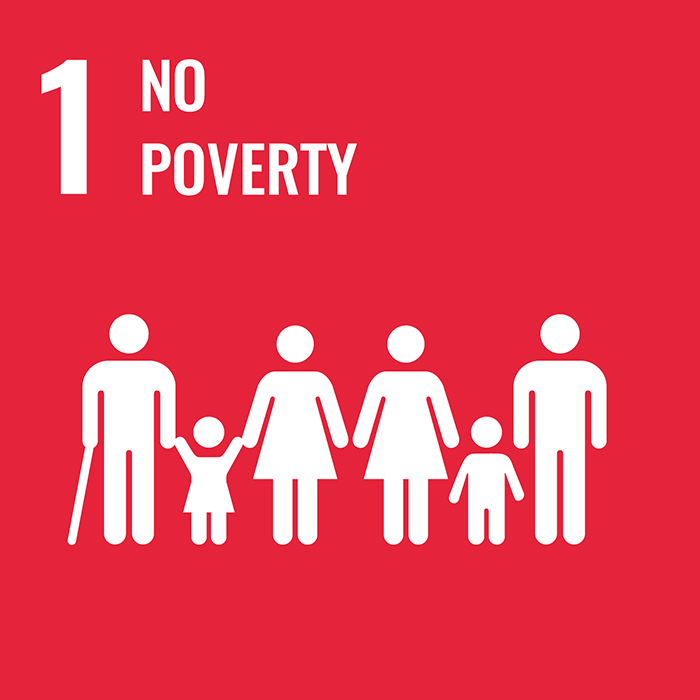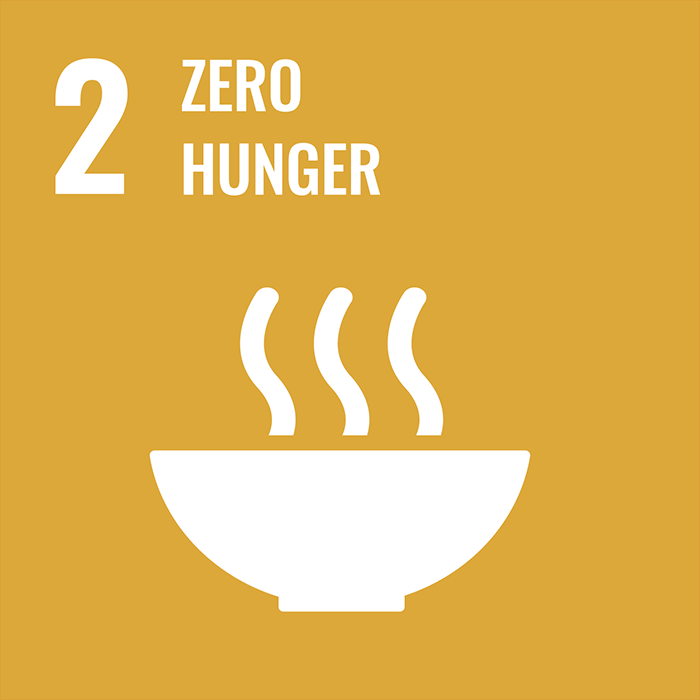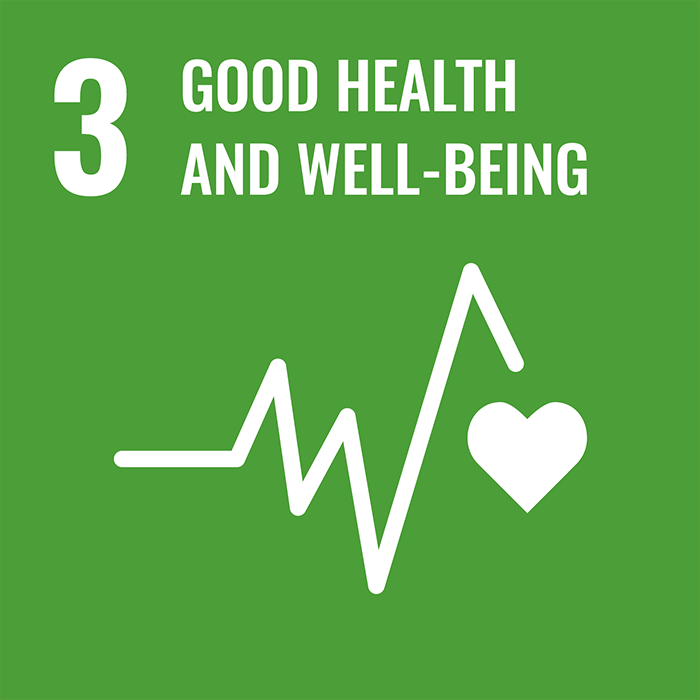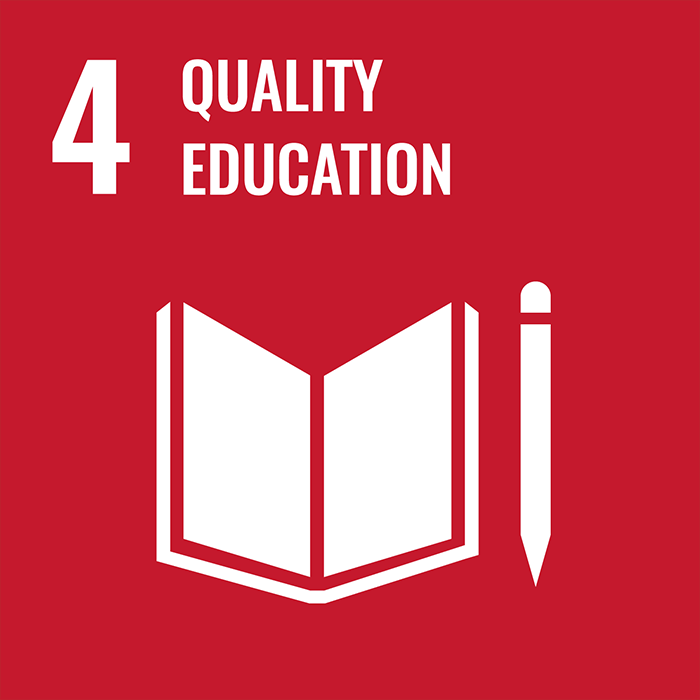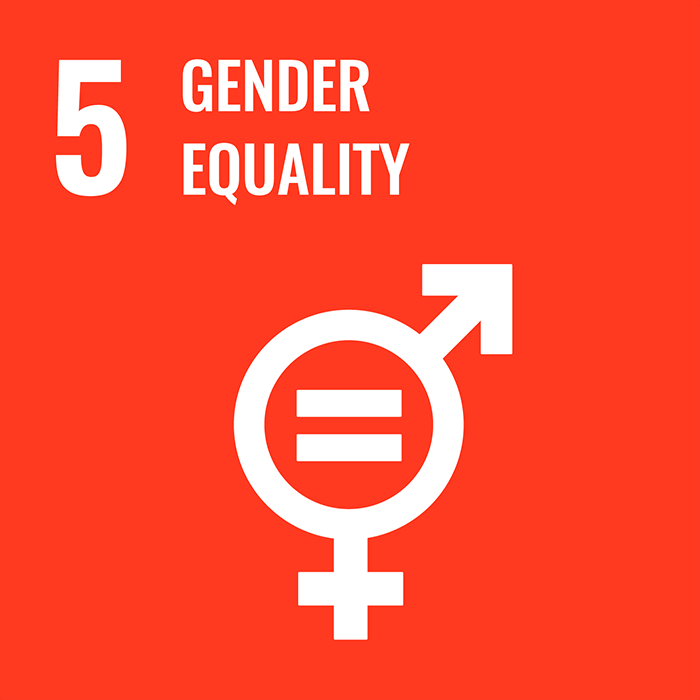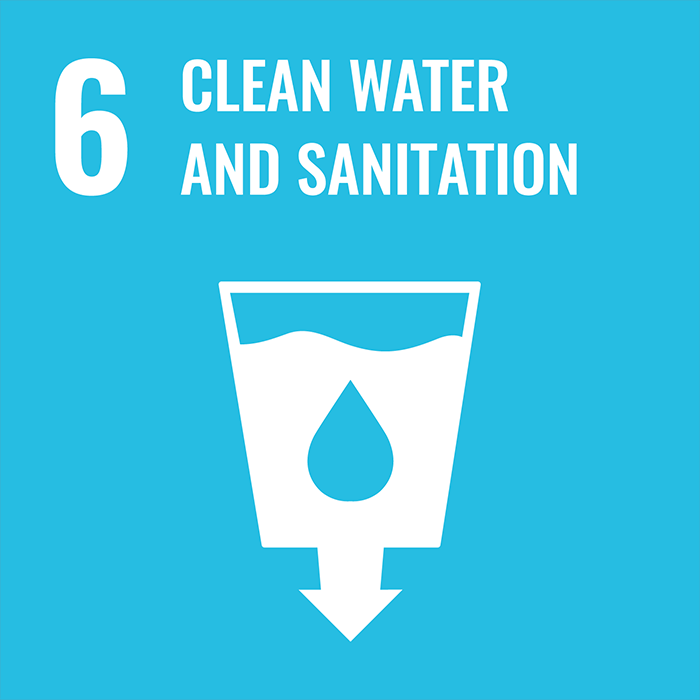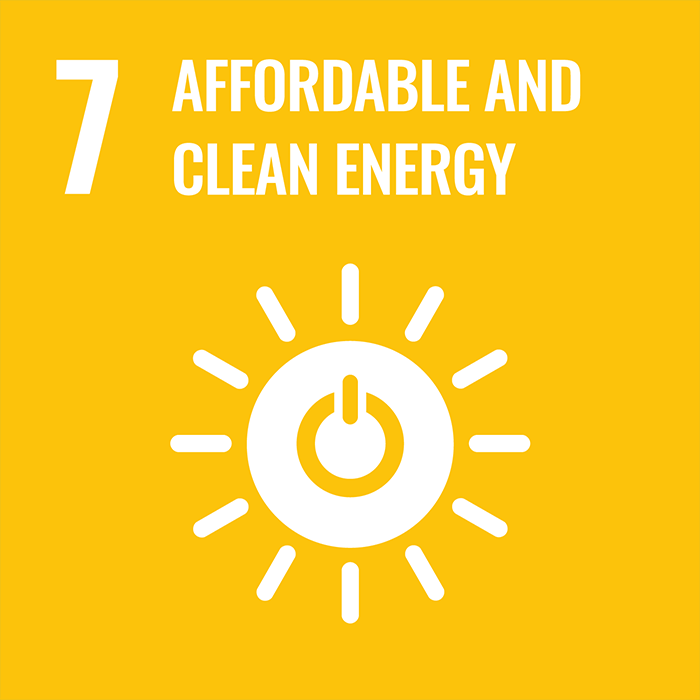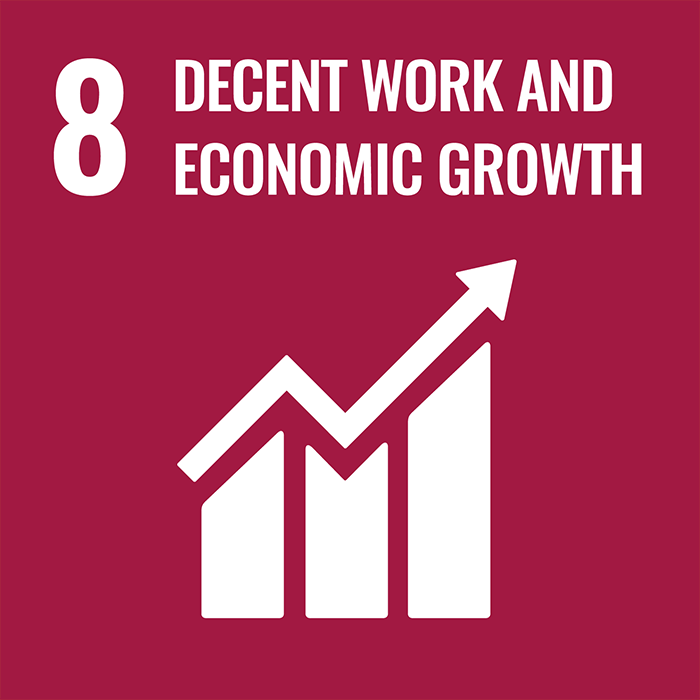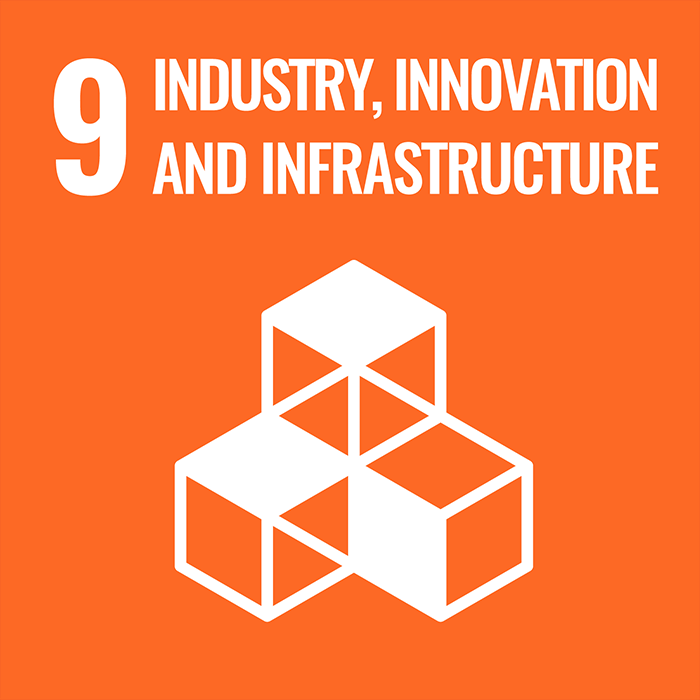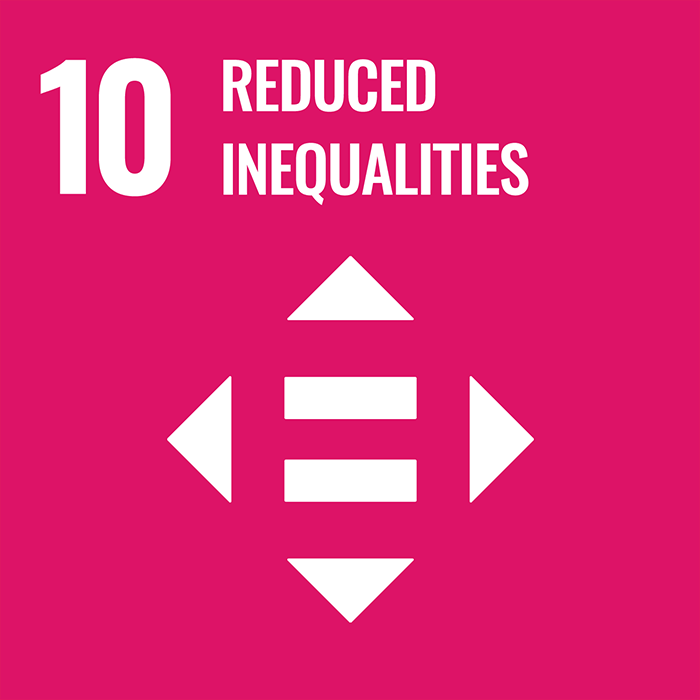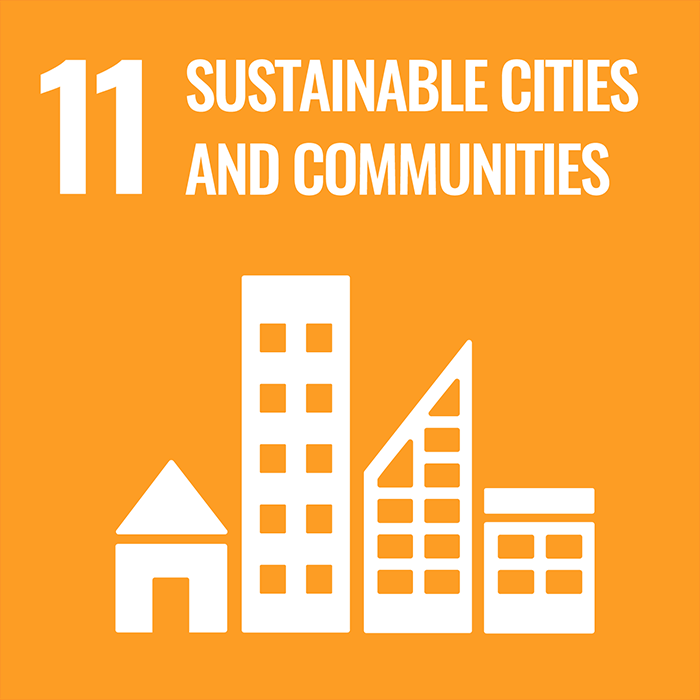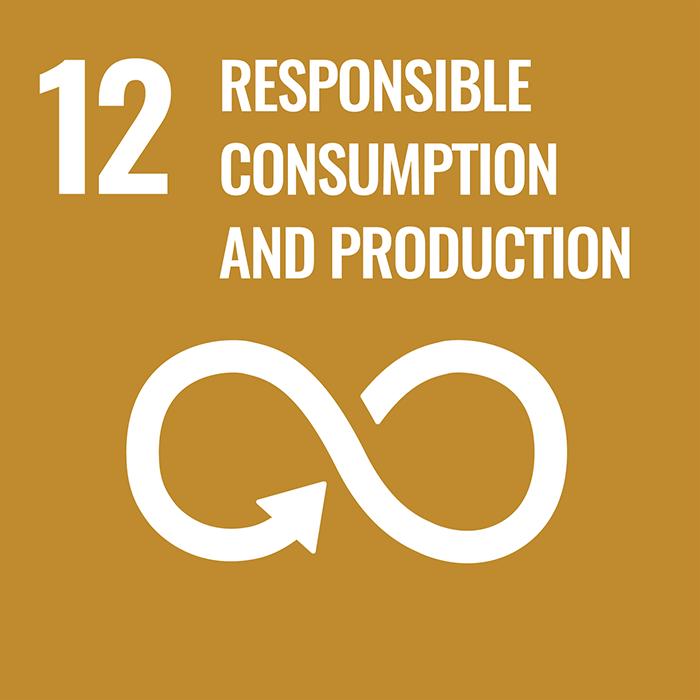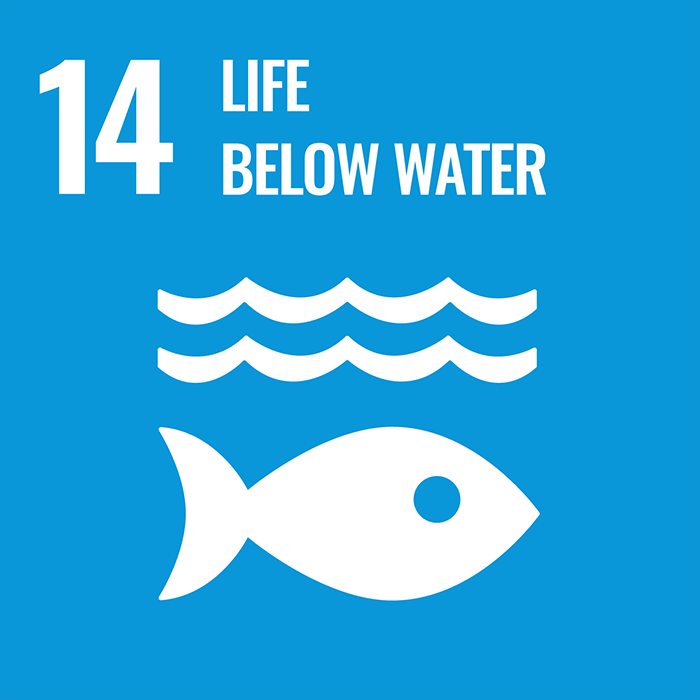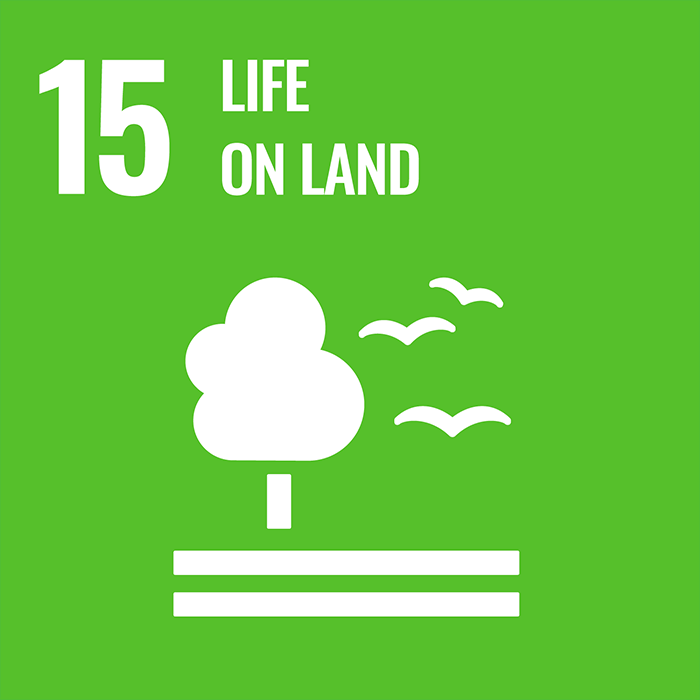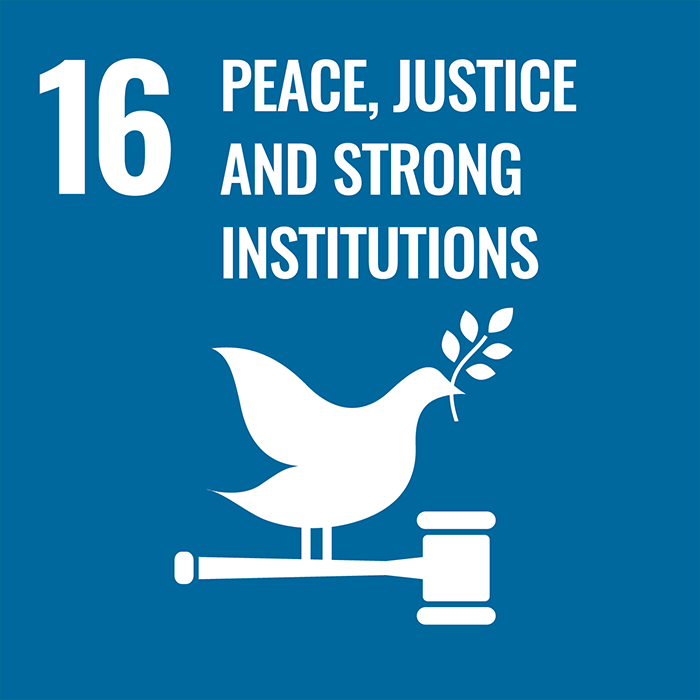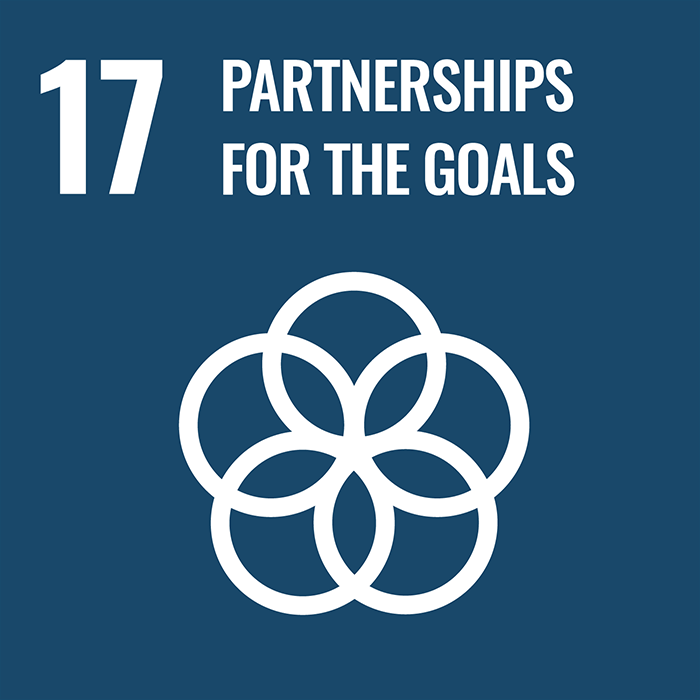A University of Sanctuary
As a University of Sanctuary, we work with a range of cross-sector partners to ensure both our students and those seeking asylum and refuge across Scotland and beyond are appropriately supported.
At the University of Glasgow, we are committed to ensuring that background and life circumstance are never a barrier to higher education for the brightest minds. We aim to be an inclusive and welcoming campus where every member of our #TeamUofG community feels safe, respected and supported to fulfil their potential.
In November 2022, the University was awarded University of Sanctuary status in recognition of the University’s commitment to supporting forced migrants from across the world. Being awarded University of Sanctuary status is a testament to our commitment to promoting fairness and equity of opportunity for all.
We are aware that those seeking sanctuary can often face additional barriers to accessing education and are dedicated to ensuring that tailored and targeted support is available for those members of our community who have been forcibly displaced from their home.
We know that we cannot achieve this alone, and we work in partnership with organisations such as the Council for at Risk Academics, Universities of Sanctuary, Refuweegee and others.
These partnerships amplify and support the work of our academic and student support staff, including the Glasgow Refugee, Asylum & Migration Network: which conducts research and qualitative evaluation of migration, refugee and the asylum process.
The University also hosts a UNESCO Chair on refugee integration through education, languages and arts. Working with our cross-sectorial partners, we engage in research and advocacy for creative and artistic approaches to integration, which sustain linguistic and cultural diversity, foster creativity and intercultural capabilities and promote peace.
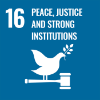
Kadans/GRID partnership
Enabling a healthier, wealthier future with better health and social outcomes through partnership.
The University of Glasgow in partnership with Kadans Science Partner, and supported by Scottish Enterprise, have completed construction of a new Health Innovation Hub in Govan, setting the stage for a thriving life sciences cluster in the area. Morrison Construction were appointed as main contractor.
The Hub revitalises a previously dormant site through sustainable redevelopment to unlock its full potential, with cutting-edge lab and office space powering local business growth and drawing the next wave of innovators to Glasgow.
The Hub will be home to both commercial businesses managed by Kadans as well as a new innovation asset enabled by the University-led Living Laboratory for Precision Medicine, an internationally leading programme supported by UKRI Strength in Places Funding, the Digital Health Validation Lab (DHVL). The DHVL will fast-track healthtech innovation and strengthen Glasgow’s position as a leading medtech hub.
A flagship project for the Glasgow Riverside Innovation District, partners are working closely with the community and with key stakeholders such as Clyde College and local housing associations, to ensure benefits are meaningful and deliver employment and growth for Govan.
Opening the space to the community, from naming meeting rooms to enjoying the on site community cafe, will strengthen relationships, build trust and foster a true sense of shared ownership.
The Hub showcases the benefits of public/private partnership in supporting the sustainability of our city and local communities through research and innovation activity.

Scottish Water partnership
Working together to innovate and promote the nations approach to clean water and sanitation.
The University of Glasgow works closely with Scottish Water, the organisation responsible for the supply of potable water and for treatment of wastewater in Scotland.
This collaborative working relationship focuses on research and practical solutions for water management and infrastructure. Both the University and Scottish Water share concerns about water sustainability, such as pharmaceutical pollution and future water management, which are explored in various research projects, estates initiatives and expert webinars led by the University.
Scottish Water are key partners in several ongoing research projects, including work exploring how high-science approaches can be taken to develop low-tech solutions to the treatment of drinking water, such as slow sand filtration. This work seeks to support Scottish Water in mitigating the significant energy and carbon costs associated with water treatment in rural systems. The partnership also extends to work that explores how the University can develop its approach to low-carbon energy solutions for its own estate. Most notably, as part of a pre-market engagement exercise for an imminent Low Carbon Heat Solution tender, we have worked with Scottish Water Horizons to explore the feasibility of using innovative technology to capture waste heat from the nearby sewer pumping station at Partick in the West End of Glasgow.
The University and Scottish Water have also participated in events like the Glasgow Science Festival to educate the public about water quality, treatment and sustainable practices in Glasgow and across Scotland: showcasing how a partnership approach can drive forward progress towards achieving the aims under SDG 6 Clean Water and Sanitation in a national context.
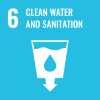
A strong partnership
While Glasgow in Scotland and Blantyre in Malawi might be almost 8,000 miles apart, many core values are shared by both our universities: the pursuit of knowledge; a desire for a more sustainable and equitable future; and a collegial approach.
The Blantyre–Blantyre project was developed through a two-way discussion of need, expertise and complementarity between the University of Glasgow and the Kamuzu University of Health Sciences. This symbiotic partnership has produced a joint healthcare programme to compare the cause of poor health and low life expectancy in Blantyre, Malawi, and the West of Scotland, symbolised by Blantyre in Scotland, and a state-of-the-art research facility, based in the institution.
Today, that facility houses cutting-edge research and diagnostic equipment previously unavailable in the area. It hosts researchers and postgraduate students from the global south and the global north, working together on joint research and grant applications.
The laboratory runs on a solar-powered energy system, ensuring continuity of power in an area where power cuts can be frequent. The excess power from this green energy solution is distributed to the Kamuzu University of Health Sciences’ main campus in Blantyre.
This project aligns with several of the United Nations’ Sustainable Development Goals and was highlighted by the European Commission as an example of best practice in partnership work that addresses the goals. Our collaboration is inspiring other global networks to redefine what a truly equitable research partnership looks like. Critically, the information gleaned through this mutual partnership will serve to improve health in both nations.
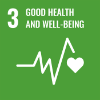

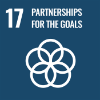
An inclusive approach to innovation
Glasgow Riverside Innovation District (GRID) is an ambitious partnership between the University of Glasgow, Glasgow City Council and Scottish Enterprise to accelerate an inclusive approach to innovation.
At its heart is a drive to develop opportunities, skills, facilities and the cultural fabric of the city by investing in sustainable high-tech industries and infrastructure, while working alongside and understanding the needs of communities within GRID.
In 2024, the University launched the GRID Civic Grant Fund. Through this initiative, the University is investing up to £5,000 per application for projects that will make a positive community, civic or social impact. Applications can also be made to a GRID Civic Micro Grant Fund, which is open all year round, and provides up to £850 to support smaller scale projects. To date, we have awarded support to 23 projects (17 grants and 6 micro-grants)
Both funds were established in recognition of some of the truly exceptional people and groups working hard to address issues within their community and to support them to continue to make a positive impact. Through the operation of the funds, the University hopes to learn from, and continue to build relationships with, local people as well as community anchor organisations to support long-term community development.
Critically, we want to learn from, and continue to build relationships with, local people as well as community anchor organisations to support long-term community development.


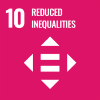


A haven for our peregrine falcons
The University of Glasgow has named its beloved pair of peregrine falcons Bonnie and Clyde.
The peregrine falcons have returned to nest each spring at the top of the University’s Gilbert Scott Tower for over 20 years.
Peregrine falcons are a highly protected species under the Wildlife & Countryside Act, and across the UK they are increasingly using historic buildings to raise their young. Our Estates directorate has been working closely with the SSPCA, RSPB and The Glasgow Peregrine Project to ensure the peregrine falcons remain safe and undisturbed.
The University tower and the falcons played a starring role in BBC’s ‘Springwatch 2024’, broadcast earlier this year, which demonstrated the fascinating urban wildlife that is a feature of our city.
The University installed cameras in the nesting area at the top of the Gilbert Scott Tower and discovered earlier this year that the falcons had hatched several chicks. The cameras allow for regular monitoring of the falcons and their young, with the Gilbert Scott Tower being the only closely monitored peregrine falcon nest in Glasgow. Both the young chicks have recently fledged, swooping in and around the Gilbert Scott Tower and the quadrangles as they grow accustomed to their
new wings.
A campaign was launched earlier this year to name the adult falcons, one male and one female, with staff and students invited to submit suggestions. The names ‘Bonnie’ and ‘Clyde’ were chosen from the wide variety of creative submissions. The falcons have been issued with staff ID cards to celebrate their new names.

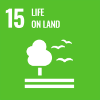
Meet robot guide dog
Blind and partially sighted people could soon receive help to find their way around indoor spaces from chatty robot guide dogs currently in development.
Experts from the University of Glasgow have partnered with industry and two leading charities to develop the RoboGuide, an AI-powered four-legged robot which aims to help visually impaired people move more independently through museums, shopping centres, hospitals and other public places in the future.
The RoboGuide system uses a series of sophisticated sensors mounted on the robot’s exterior to accurately map and assess its surroundings. Software developed by the team help it learn the optimal routes between locations and interpret the sensor data in real-time to help the robot avoid the many moving obstacles it might encounter while guiding a human.
The Forth Valley Sensory Centre (FVSC) Trust and the Royal National Institute of Blind People (RNIB) Scotland have lent their support to the development of the RoboGuide.
In December, the RoboGuide was tested for the first time with volunteers from FVSC and RNIB at the Hunterian, Scotland’s oldest museum. The RoboGuide helped the volunteers find their way around the first floor of the museum, and provided interactive spoken guidance on six exhibits.

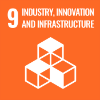
Cancer research collaboration
A recent independent report estimates that cancer research spearheaded by the University of Glasgow and the Cancer Research UK Scotland Institute contributes £503 million to the UK economy.
These two institutions, working in close collaboration, form the cornerstone of cancer research in the West of Scotland, offering world-class academic and clinical expertise. Their efforts are deeply rooted in the region, responding to its specific health challenges and needs.
The West of Scotland, including Glasgow, is home to a population of approximately 2.8 million people. This makes it an ideal region for undertaking clinical trials and testing prevention strategies for cancer and other chronic diseases. The Beatson West of Scotland Cancer Centre, located in Glasgow, is the largest cancer centre in Scotland, treating more than 8,500 new patients and over 60,000 return patients annually.
The city’s focus on addressing the high incidence of cancer types prevalent in Scotland has significantly shaped cancer research in the region. The West of Scotland’s research is characterised by its patient-centred approach and strong partnerships with stakeholders, including the NHS, ensuring that the region’s unique health challenges are addressed through cutting-edge science.





